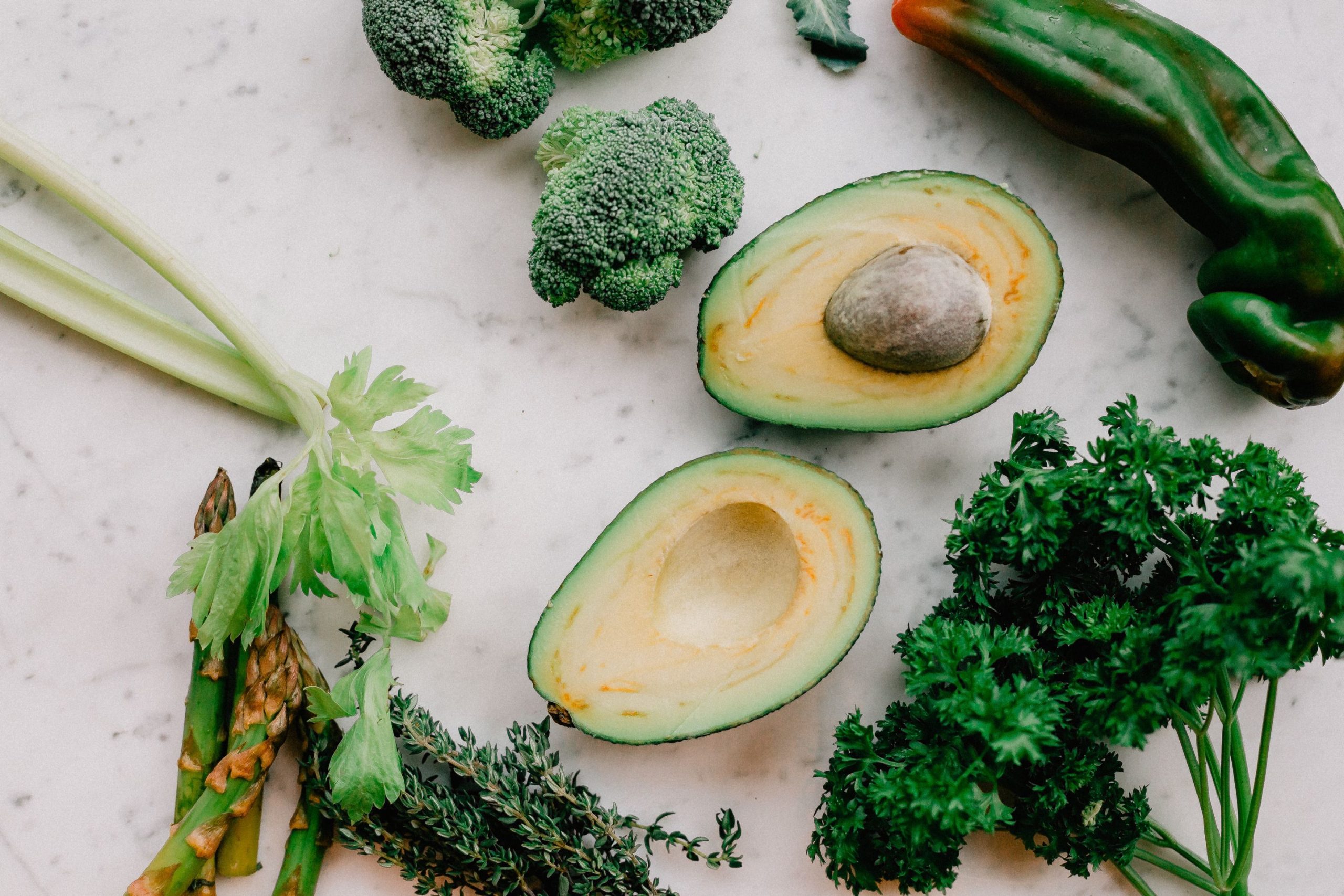As mouthwatering as fruit or crunchy veggie are, their freshness runs on nature’s timer. Meanwhile, the processed foods sitting in your pantry seem to have a much longer shelf life. When you arrive home with produce from the grocery store or farmer’s market or need to use your own homegrown Asian produce, you need to store it in the right place. Here are a few essential food tips to prolong the lifespan of your fresh produce.
Be Mindful of Produce That Emits Ethylene
Ethylene is a colorless gas compound that naturally ripens fruits. Like human hormones, ethylene controls the way a plant develops, grows and ages. Its effects include changing the texture or color of the plant’s skin.
If you place a type of produce that gives off ethylene close to another variety of plant, you may find the latter goes bad much quicker. It’s wise to keep these two kinds apart.
Let’s identify some spring vegetables and summer produce that gives off ethylene gas and a few storage tips:
- Apples: Store apples in the crisper drawer of your fridge. Avoid cutting apples open until you’re ready to enjoy them, as oxygen quickly browns the inside.
- Cantaloupe and honeydew: These melons can lie in the fridge as long as they’re kept away from your vegetables.
- Celery: Celery will last longer if you wrap it in aluminum foil before placing the stalks in the produce drawer, retaining the moisture.
- Avocados: These fruits can rest on the counter until they ripen after a few days, then they can go into the fridge.
- Bananas: It’s best to leave ripening bananas outside the fridge and separate from each other to keep the ethylene concentration low.
- Tomatoes: Another food to let sit on the counter. Cut off the stems and leave them upside-down to slow the aging process.
Some Produce Stays Out of the Fridge
Citrus and tropical fruits like oranges, tangerines, grapefruit and lemons can remain on the counter as long as they’re kept out of direct sunlight. Once they’re cut, you can preserve them in a fridge drawer. Produce such as potatoes, garlic and onions prefer dark, dry, room-temperature spaces like your pantry in breathable bags.
Manage the Moisture of Your Produce
You can rinse strawberries, blueberries and grapes, but don’t let them stay in a moist container for long to prevent mold growth. If you store them inside the fridge in open containers lined with paper towels, they should last longer.
To keep lettuce from wilting, wrap it in paper towels after washing and seal it in a plastic bag or container. Leave a little air inside so the lettuce can respirate, and place within your fridge’s crisper drawer.
Fresh herbs do well when you trim their stems, set them in jars and loosely cover them with plastic.
Shopping Smarter for Your Produce
The vendors at your local farmer’s markets know when their produce is at peak season and tastes the freshest. Ask the sellers how they store their produce — some do without refrigeration, bagging or keeping the items in the shade, which affects the quality. Buying your produce from grocers has benefits out-of-season since they take steps to maintain freshness on the shelves.
There’s a lot to remember when it comes to storing produce, but the payoff is having a host of delicious and nutritious ingredients to use with the meals you cook at home.
Looking for more food and cooking tips? Check out our blog and our and delicious recipes today!
Back to Top

